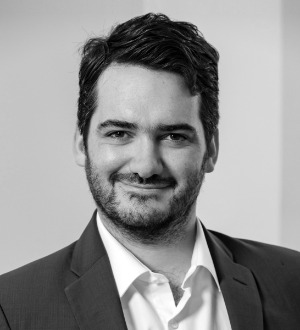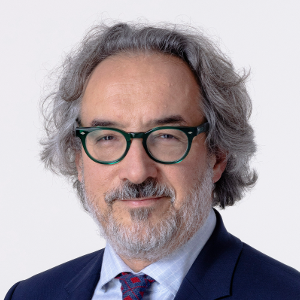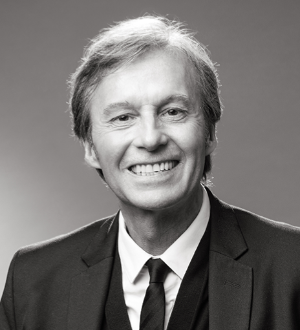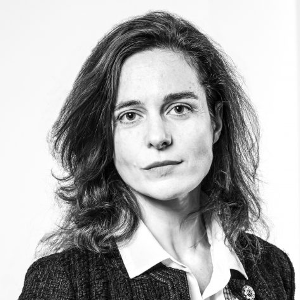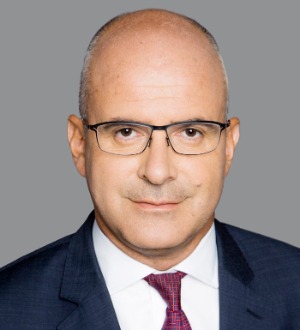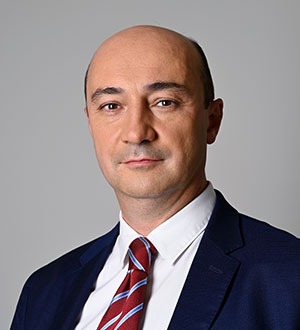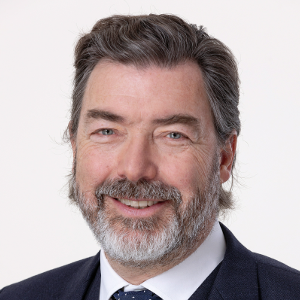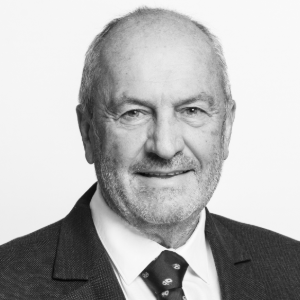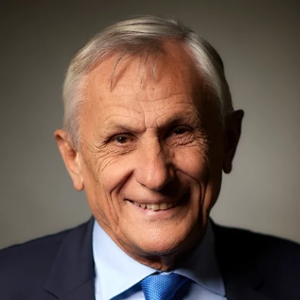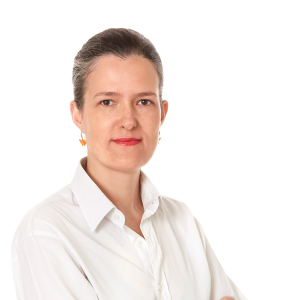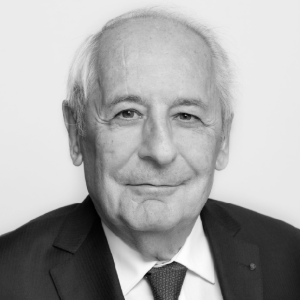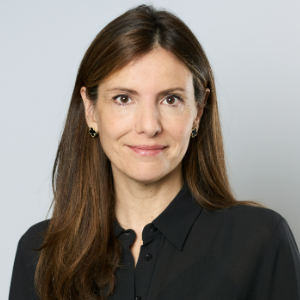Best Lawyers Near You in Paris, France for Arbitration and Mediation
Practice Area Overview
Arbitration is nowadays the preferred means of adjudicating domestic and international commercial disputes and in France is used extensively by businesses. In the dispute resolution clause of a contract of some importance, referring to court jurisdiction for the adjudication of the dispute is becoming rare, and is either due to the weaker negotiating power of one party or to poor drafting/lack of experience by its author(s). Arbitration is mostly chosen when the parties want to retain the right to appoint the appropriate person as arbitrator and/or want to keep the dispute and its outcome confidential or simply because the parties come from different cultures/backgrounds. Like in other countries, arbitration is often criticized for its costs and increasingly long duration of proceedings. Consequently, arbitration centers, which administer the brunt of large commercial arbitration cases, have reformed their rules in recent years to streamline the process and give stronger cases management powers to the arbitrators. There are many arbitration centers in France, but most practitioners are only familiar with a handful. Ad hoc arbitration proceedings takes place when no institutional arbitration has been provided by the contract's arbitration clause. Such proceedings tend to be longer and often more problematic. It is possible, but rather exceptional, for the arbitration clause to give to the arbitrator(s) the power to rule ex aequo et bono, or to allow for an appeal. Practitioners in arbitration act either as counsel to a party, or as arbitrator, who will adjudicate the dispute (alone or as member of an arbitral tribunal). Some practitioners opt for only the former aspect of the practice, for any of the following reasons: one can work in teams, it is akin (although not identical) to trial practice, and conflicts of interest occur more seldom than when acting as arbitrator. Some opt for only the latter, because their reputation, seniority, and expertise have created a beaten path to their doors. Most practitioners in France do both, because they believe, with good reason, that having been an arbitrator makes them a better counsel in the next case. law professors, former judges, and even non-lawyers also may be appointed arbitrators (with mixed results). For the parties and their counsels, selecting an appropriate arbitrator for a particular case is its most crucial aspect. The judiciary in France is generally in favor of arbitration and contains detailed provisions for domestic and international arbitrations. Case Law is developed (including on challenges to arbitrators) and accessible. Challenging an arbitral award can only be done on a limited number of grounds.
In contrast to arbitration, parties to a mediation retain control of the process and each can stop it at any time. The mediator attempts to facilitate a settlement. No solution can be imposed by the mediator, and the outcome is either a settlement agreement or none. Not all litigators in France are experienced in representing clients in meditations or or in being mediators, but the numbers are growing as the mediation culture spreads. There are many factors which ensure the growing acceptance of mediation as an ADR method but three stand out: cost (it is inexpensive), time (it is fast, three months on average), and success rate (75% end up with a settlement agreement). Mediations can be either entirely voluntary or result from mediation clauses in contracts, and they may also be court-mandated. In some mediations, mediators may follow evaluative techniques and/or caucus in private with one party at the time. Selecting the right mediator is as crucial to the outcome as selecting an arbitrator in arbritrations: the main criteria are mediation training and experience, personality fit with the parties, subject matter expertise (if relevant), and manner of charging for services. Very few lawyers (or other professionals) are full-time mediators in France.
Partner, admitted in Paris and New York Fieldfisher
Select a location from the list below to find the best legal talent for your needs.
Lawyers who have a subscription to profiles appear first.
Would you like to claim your lawyer profile?
Contact UsOur Methodology
Recognition by Best Lawyers is based entirely on peer review. Our methodology is designed to capture, as accurately as possible, the consensus opinion of leading lawyers about the professional abilities of their colleagues within the same geographical area and legal practice area.
The Process
Best Lawyers employs a sophisticated, conscientious, rational, and transparent survey process designed to elicit meaningful and substantive evaluations of the quality of legal services. Our belief has always been that the quality of a peer review survey is directly related to the quality of the voters.


